Educators from Kenyatta University travelled to the Universitá Degli Studi di Macerata for a fall secondment in November 2022 that saw them take part in a range of individual and collective activities at the Italian partner institution. Music and dance lecturer Dr. Isaiah Oyugi, Dr. Beneah Azangalala Shapaya from the Department of Communication, Media, Film and Theatre Studies, and Anne Mwiti, an – assistant lecturer in the Department of Fine Arts and Design made the trip. They joined Prof. John Mugubi, TPAAE’s regional coordinator for Kenya, who led the month-long delegation.
Mugubi’s aim in the secondment is initiating an assessment of the sustainability of the creative economy that will look at the economic impact of film screenings in Kenyan cities and towns. Using Macerata as a benchmark, this foundational work will compare activities in Machakos, a town located some 60 km southeast of Nairobi. Numerous datasets will be collected, ranging from screening spaces, frequencies and attendance, to direct and indirect economic impacts and educational opportunities allied to such events. Along with an analytical parsing of the resulting statistics, plans call for expanding the survey to other cities and towns in Kenya and in Italy following the initial round’s completion. He also will visit the International Film Academy in Bologna to evaluate capacity, training models and opportunities for collaboration with the Italian institution in the form of a student exchange that aims to use film as a vehicle for dealing with complex social issues.
Oyugi’s research focus is on music in public space, comparing whether and how music is used in public space in Macerata and in Nairobi. While in Italy, he is tracking the presence and absence of music on public transport, and in restaurants, stores and shopping malls. The study’s two-pronged approach; identifying public spaces that do not employ music in their daily business and the effect of this phenomenon on the business and its clients. Of particular interest will be public bus transport in Macerata and its equivalent in Nairobi. The study also looks at the effects of music on clients and customers and whether they play a role in determining whether observed establishments play music and the choice of genres, as well as the effect of copyright and restrictions on these establishments. The comparative survey will add to the debate on music’s universality, with a possible recommendation of more access.
Shapaya’s research focuses on decoding messages in the graffiti found in Macerata and Nairobi. He is circulating photographs of the works among scholars, soliciting their perception of graffiti art. Focus group at both partner institutions will provide a basis for student engagement, with these discussions determining how audiences view graffiti art. The results are to be published in a paper and a film is planned to document Shapaya’s research. He is also engaged in a comparative study of the depiction of sex, morality and the prevailing social order in select Italian and Kenyan films. They include Rafiki, a film banned in Kenya because of its lesbian connotations, and works by Italian director Pier Paolo Pasolini, an openly gay man. Shapaya also is presenting a talk titled The Media as a Buffer between the Reality in Society and the Individual to a postgraduate students that centers on media presentation of social turmoil, offering students a toolkit for interpreting messages contained in such reports.
Together with Prof. Rosita Deluigi, and PhD candidate Miriam Cuccu, Mwiti is developing an article that evolved from a 2021 mobility and based on a series of her ink drawings themed “The New Normal”. These works, made in 2020, explore the effects of the Covid-19 pandemic on day-to-day activities. Shown to primary school children and to a group of Macerata students, the ways in which these groups experience Mwiti’s drawings forms the basis of the trio’s written work. In addition, Mwiti and Deluigi are exploring the role of art as a tool of pedagogy in early education using paintings made in 2015 and inspired by children. Mwiti also is journeying to Ancona, Italy, for a week in the company of fellow TPAAE researcher Giuseppe Capriotti for an art residency.
Collectively, the Kenyatta team attended a community function in Montefano, a town in Macerata Province, to explore how music can be used for Social Change. Facilitated by musiciany usmician Marino Severini, the leader of a band named “The Gang”, the team experienced music’s ability to inspire people to question and confront authority,. A and motivate them to act on and redress injustices and inequalities. Kenyatta researchers also are leading workshops on art and the human condition, and an examination of artistic language for graduate students in Art History prior to their return to Nairobi in early December.

